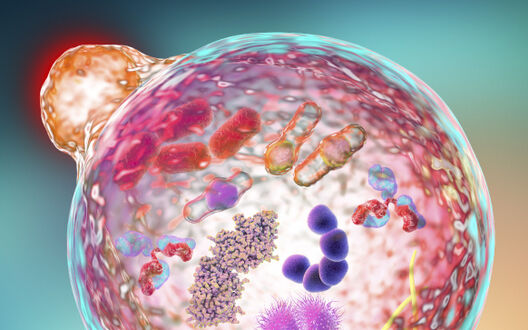Grantee in the News: Inna Slutsky’s Team discovers new Alzheimer’s connections
On July 1, 2014 The Times of Israel reported on 2008 New Investigator Award in Alzheimer’s Disease recipient Inna Slutsky, PhD’s, new research uncovering one of the main reasons for the seizures, memory loss and cognitive impairment suffered by Alzheimer’s patients.
Dr. Slutsky’s team uncovered a molecular mechanism behind hyperactivity in the brains of Alzheimer’s patients.
Accelerated binding of amyloid precursor protein (APP) and amyloid-beta triggers a “signaling cascade” in which messages shared by brain cells are amplified, elevating neuronal activity and essentially “short-circuiting” the brain’s communication network.
The researchers believe that further study, on how to change the structure of APP and engineer molecules that interfere with the binding of amyloid-beta to APP, may lead to a cure for Alzheimer’s disease.
Inna Slutsky, PhD, is a Professor of Cellular/Molecular Neurophysiology and Brain Disorders at the Sagol School of Neuroscience at Tel Aviv University in Tel Aviv, Israel.
By directly effecting more than 5.4 million Americans, Alzheimer’s disease is one of the top public health concerns we face as a nation. To learn more about the biological mechanisms behind Alzheimer’s, visit our InfoAging guide.











